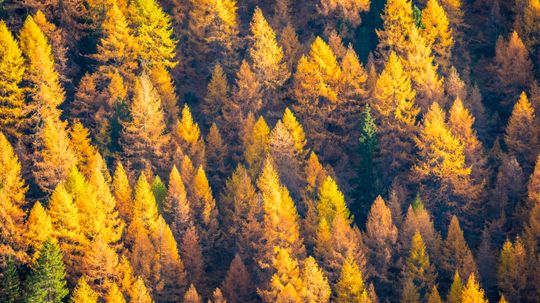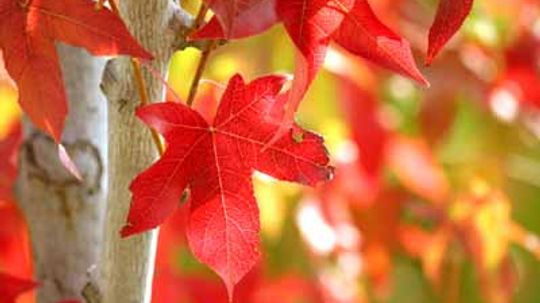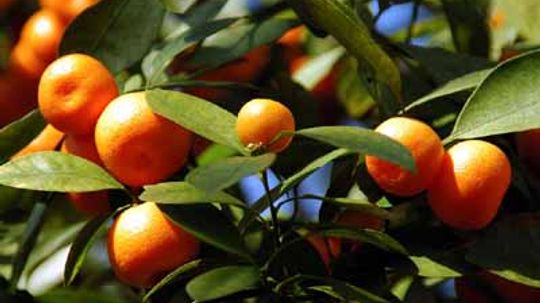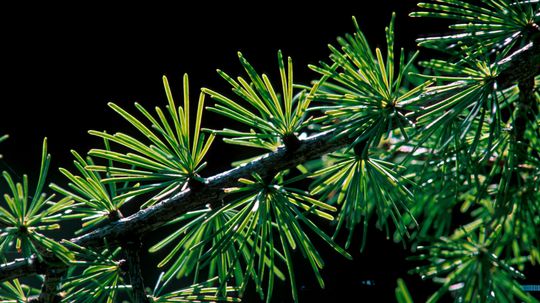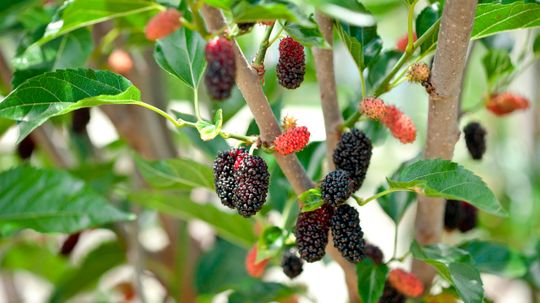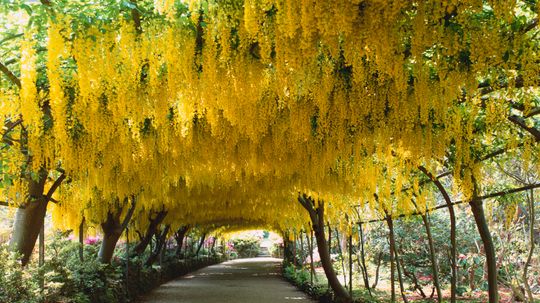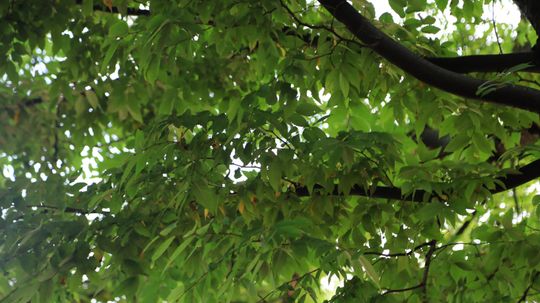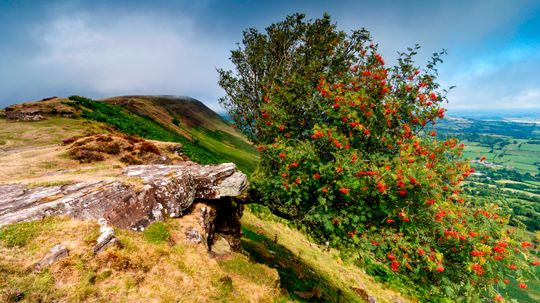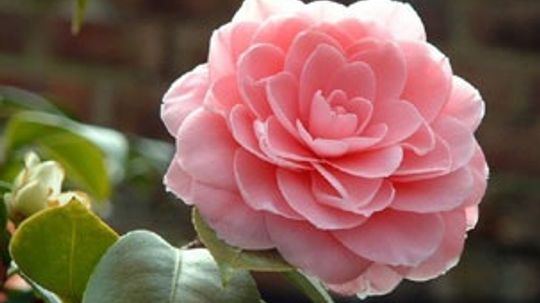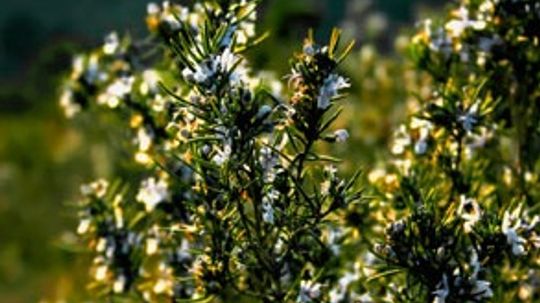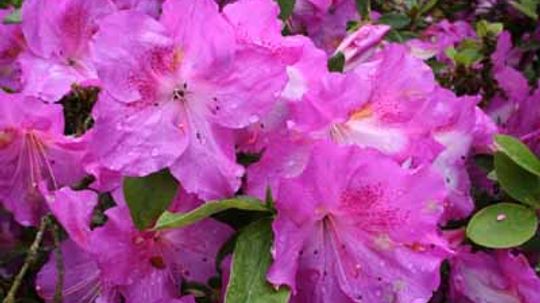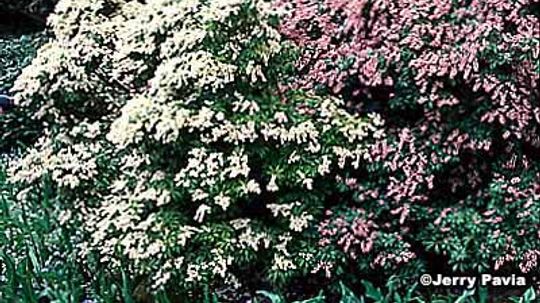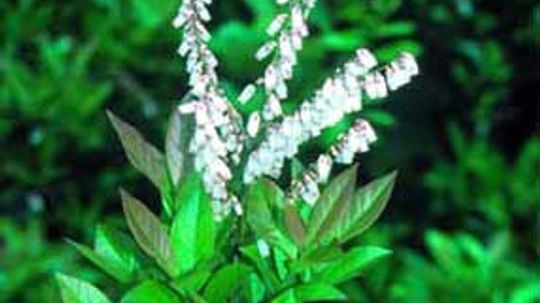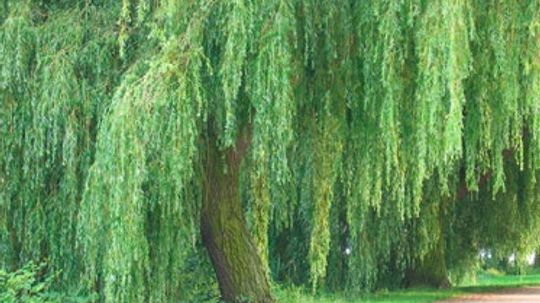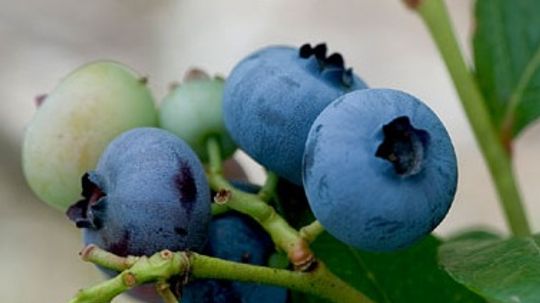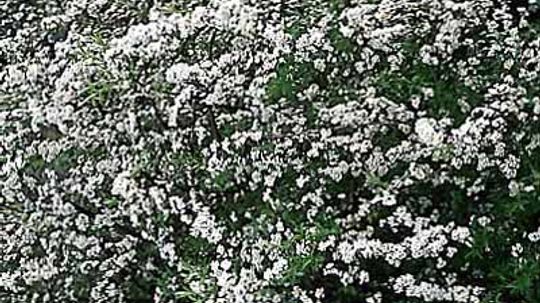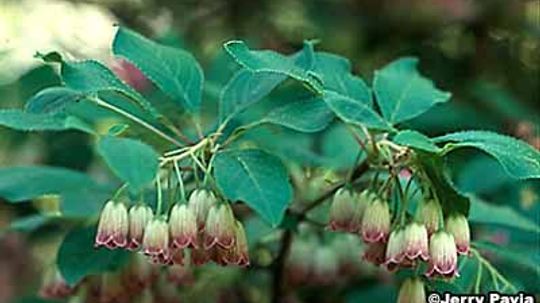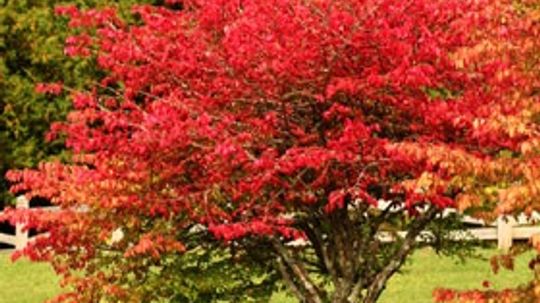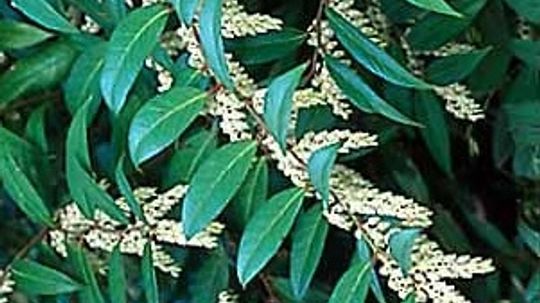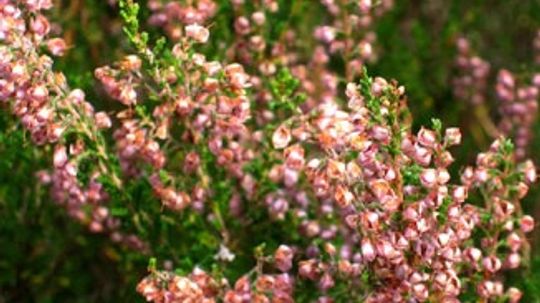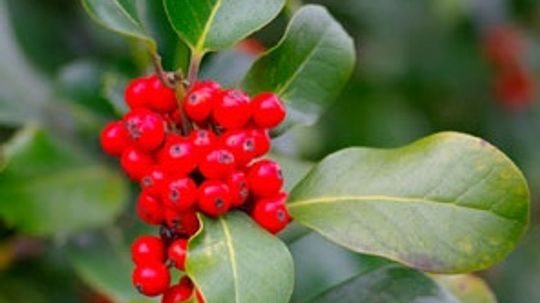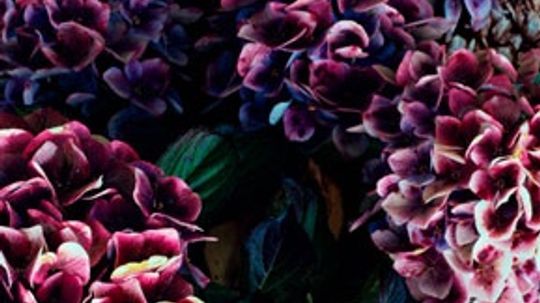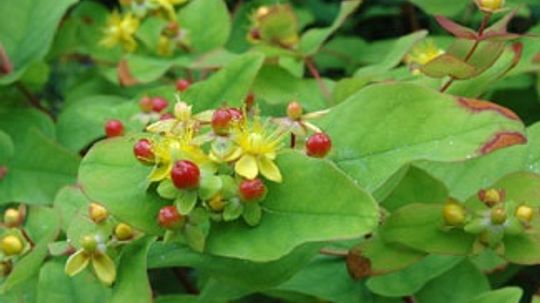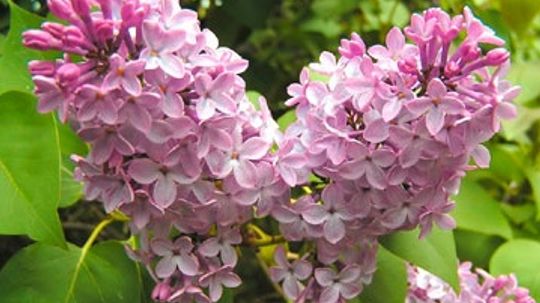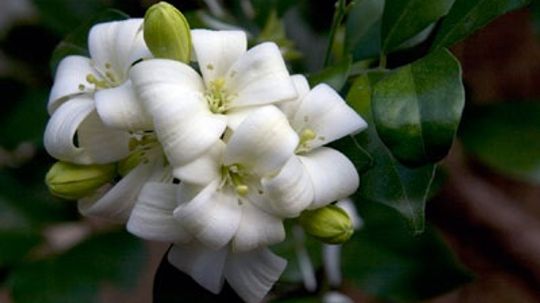Trees, Shrubs and Vines
Trees, shrubs and vines are a key element of a beautiful home that you shouldn't underestimate. Learn everything you need to know about trees, shrubs and vines.
Learn More / Page 2
Southern yellow pine tree is known for its very long needles, which are often cut and used as Christmas decorations. Learn how to grow and use southern yellow pine tree.
By C. Colston Burrell
Sweet gum tree is a tall majestic tree that has maple-like leaves that turn yellow to red in the fall. Learn how to grow sweet gum tree in your yard or garden.
By C. Colston Burrell
Sweet orange tree provides attractive foliage year-round, blooming with delicate flowers and growing vibrant, delicious fruit. Learn how to grow and use sweet orange tree in your yard or garden.
By C. Colston Burrell
Advertisement
Tamarack tree is one of the few conifers that loses its leaves in winter, displaying lovely fall coloration beforehand. Learn how to grow and use tamarack tree in your landscaping project.
By C. Colston Burrell
An ideal plant for landscaping, fruitless mulberry tree is a unique fruit tree native to China. Learn more about how to grow and maintain fruitless mulberry tree.
By C. Colston Burrell
Golden-chain tree is a small, vibrant flowering tree with pendulous clusters of flowers that brighten any yard. Learn how to grow and use golden-chain tree.
By Kelly Aplin
Japanese zelkova tree is a fast-growing tree often substituted for American elm because it resists Dutch elm disease. Learn how to grow and use the Japanese zelkova tree.
By C. Colston Burrell
Advertisement
Mountain ash tree is a shrubby tree that is a member of the rose family. Learn how to use this small to medium size tree to brighten your yard or garden.
By C. Colston Burrell
Camellia is a shrub with pink flowers, red flowers, and white flowers. Camellias come mainly from China and Japan. Blooms appear in fall, winter, and spring. Camellias are great accent plants. Learn about the camellia.
Rosemary is a shrub that comes in all sizes, is rooted easily, and can be grown from a seed or sold while small. Learn how to grow it in containers or gardens.
Rhododendrons offer a lot of landscape appeal because of their diverse sizes, shiny leaves, and colorful globes of flowers. Learn to grow them for use in woodland gardens, shubbery borders, and foundation plantings.
Advertisement
The pieris remains a popular shrub because it has almost every landscape use in borders and as a background plant. Learn to care for and combine this small-flower plant with spring bulbs.
The leucothoe is a low-growing evergreen shrub that is native to the southeastern United States. It is a good ground cover and is excellent for mass plantings. Find out about this shrub.
Weeping willows are wide, tall trees with curtains of drooping branches. Their small, narrow leaves appear late winter. Plant these trees near a pond or lake. Learn about this beautiful tree.
Blueberry bushes have clusters of white, bell-like flowers in spring and edible blueberries in summer. High producers like bluecrop can give more than ten quarts of blueberries per year. Learn about this shrub.
Advertisement
Bridal-wreath can grow 6 to 10 feet high and spread 10 to 12 feet wide. The small leaves are greenish-blue and masses of small, white flowers cover it in spring. Learn about this shrub.
Enkianthus comes in a variety of shapes, sizes and colors. It can be either a dome-shaped shrub or a small tree with clusters of small bell-shaped, veined reddish-beige or pink flowers. Learn about this shrub.
Burning bush, or euonymous, is known for its remarkable fiery pinkish-red color. This bush has a different look for each season: insignificant yellow flowers are followed by attractive red berries. Learn about this shrub.
The fothergilla blooms with large clusters of petalless, very fragrant, white flowers. In the fall, its leaves turn bright shades of yellow, red, and orange. Learn more about this shrub.
Advertisement
Heather grows beautiful small flowers with tiny leaves that stay on all winter. Blooming in winter and early spring, it's perfect for winter gardens. Heather also makes a good ground cover. Learn about this shrub.
Michigan holly's red berries make it an attractive winter plant. The shrub's green leaves turn yellow in fall. The holly's red berries last through winter, if not eaten by birds. Learn about this accent plant.
Hydrangeas are shrubs with large flower clusters, which may be mounded, globular, or spiked. The flowers can be nearly 2 inches in diameter and can be white, pink, purple, or blue. Learn about the hydrangea.
Hypericum, a medium-sized shrub with bright yellow flowers, is also known as St. John's wort. Flowers appear in summer. Fruits are popular in flower arrangements. Learn about hypericum.
Advertisement
Lilacs are cod resistant flowering shrubs. Their tall, upright shrubs have clusters of perfumed, lavender or white flowers and green leaves. Lilacs make a great accent plant or blooming hedge. Learn about this flowering shrub.
Mock orange has long branches loaded with pure white, fragrant flowers. This is a large deciduous shrub, best used in a shrubbery boarder or as an informal hedge. Learn about this flowering shrub.
